The 411 On Boundaries
Why boundaries are sometimes hard:
As children, we learn about the world around us and formulate our sense of self through our caregivers, those around us, our environment and the responses we get from them. We learn about our personal boundaries and boundaries in relationships based on how others respond to us and how that response makes us feel; in turn creating our behaviors, habits, and patterns of response. For some who have had their boundaries invaded, they may lose their ability to know what boundaries all together. They’re unable identify what they want to say yes or no to, unable to articulate what they want, or if they've been in a situation where they were unable to have a voice or choice, they may find it impossible to differentiate between healthy and unhealthy, what’s theirs and what’s someone elses.
The 7 types of boundaries:
Time - boundaries around how we use or manage our time, what we spend our time doing, and who we spend our time with
Emotional - boundaries around our emotions and the things that trigger emotions that we do or don't want to feel
Physical - boundaries around what we are physically able or not able to do, our personal space, and our environment
Conversation - boundaries around topics we're comfortable or not comfortable discussing
Relationship - boundaries in our various relationships and roles with others, how we show up, and how others show up in the relationship
Financial - boundaries around our money habits, beliefs, and financial risk
Social - boundaries around what we deem to be socially acceptable or not acceptable
When setting boundaries doesn't go as planned:
Not everyone is going to respect your boundaries. You'll have boundaries that others don't agree with and will want you to defend (you don't need to by the way. Ever. You never, ever need to defend your boundaries. To anyone.) You will set boundaries in a reasonable way and some will still find you to be completely unreasonable. This is often the case in work environments, or family hierarchies; especially when someones values, belief system, code of conduct, etc. is different from others in the family or conflicts with the way they were raised.
When we've been clear in articulating our boundaries, and others have expressed either verbally or with their actions that they will not respect them, it often has less to do with us and more to do with them and their boundaries. It's also a great opportunity for us to continue to do this boundary work, to look at how we want to interact with or around this person in the future (relational and physical boundaries), what conversations we will or will not have moving forward (conversational boundaries), how much time we will spend with this person (time boundaries), and what other options we have.
How to start setting boundaries:
Learning how to set healthy boundaries for yourself and what those boundaries even are takes practice. When I first started setting boundaries, I was horrible at it. It was uncomfortable, I felt awkward, I tripped over my words and hoped that the floor would swallow me up on the way down, but eventually, I got better. In the beginning, practice looked like sending text messages, writing notes, or calling when I knew the person couldn't answer so I could leave a voicemail. I would reflect on what I did that went well, what I wanted to do better next time, and what sensations I noticed in my body when something came up that touched on a boundary. It was about allowing space enough to feel valid in what I was feeling and finding the words to bravely articulate this to others.
A few prompts to help you navigate the language of setting boundaries for yourself:
I need _____.
That doesn't work for me (but here's what I can do instead ___.)
I can't commit to that right now (although here's what I can do _____.)
I need more time to think on this before I can give you an answer. Could I get back to you by ____.
Over to you, where do you struggle with setting boundaries for yourself? Share it in the comments.
Xx,
Coach Reita
Hi, I’m Reita and I'm here to support you in increasing your confidence, living your best life, and being the best version of you. I specialize in coaching for your whole self (your body, mind, brain and spirit) including emotional health, stress management, personal development, trauma processing, change groundwork and life skills.


